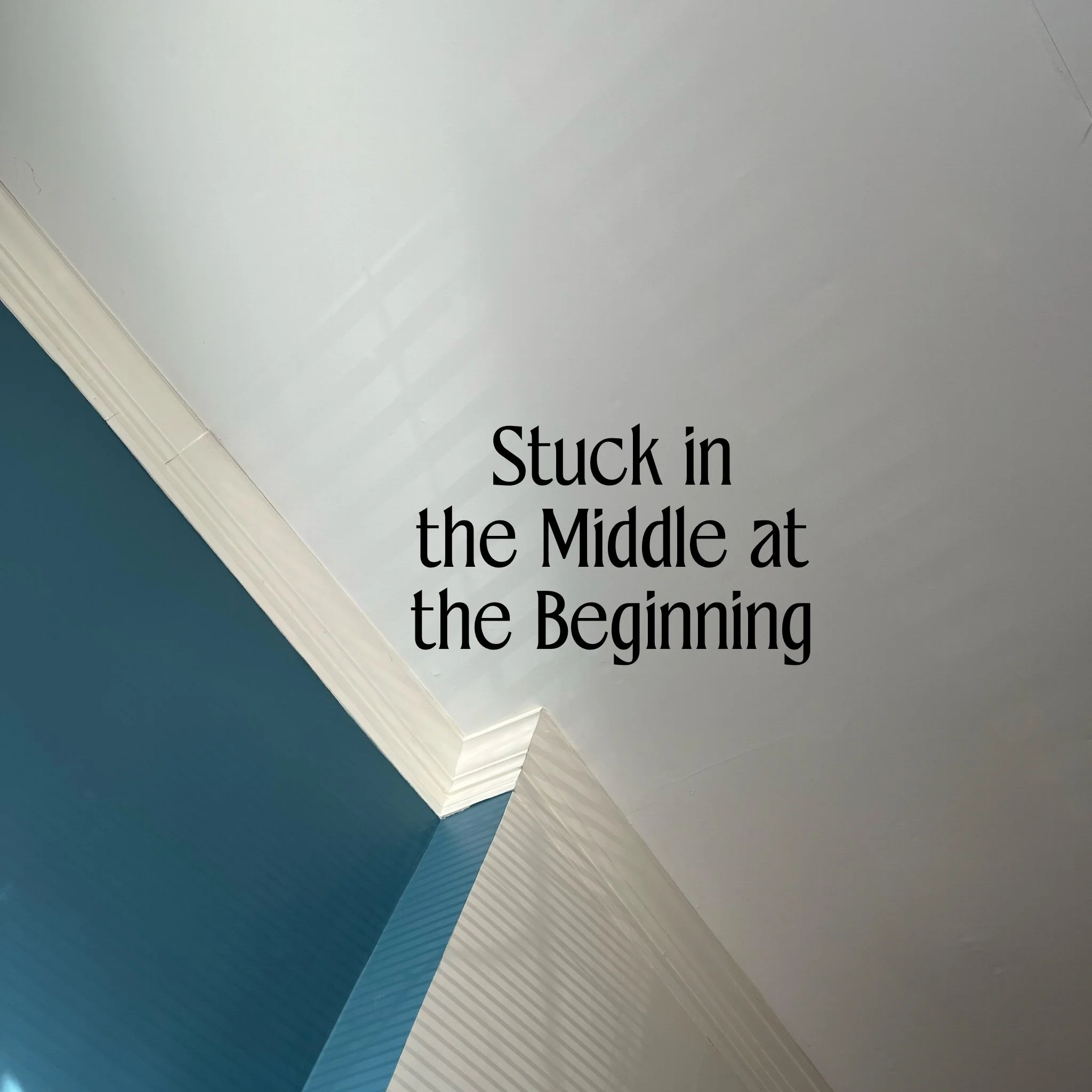The first time you run a marathon, all you have to do is finish. Sure, you have a time in mind. But even if you whiff on that goal—as I did—you still finished a marathon! You are the 1% in a way that will provoke no street protests! Because the goal of your first marathon is so singular, your focus is laser-sharp. You train. You work. Even your brain does pushups. Your friends are impressed (or at least polite enough to act impressed). You think: I must finish. And at the end—when you do finish—you feel like Rocky in the first Rocky when it was still a pure underdog story.
Round Two, I am finding, is not quite the hero’s journey. Your friends are still impressed, but—since you’ve done it before—they’re a little less impressed. After all, you didn’t die the first time. Since you have done it before, your training doesn’t have quite as much urgency. You figure you can slide into it. Then you catch yourself doing that and you come to a desperate realization: you can’t just finish. You have to beat your previous time.
Now instead of focusing on that singular goal, you start thinking about the little things that could go wrong, even if they’re imagined. Is that tendonitis in my left ankle? Why is my knee feeling funny on a rest day? What if I hit the wall hard again? What if I hit it earlier this time? What if some frat boy dressed up as Spider-man burns past me as my son watches?
I’m starting to understand the sophomore slump and why so many sequels feel derivative. The original is spurred on by this pioneer-like drive. Whatever you doing is fresh. It’s new! It’s exciting! There’s a boldness in a first go-around partly because you don’t completely know what you’re doing. But the ignorance produces a giddy enthusiasm.
The sequel often falls flat. Why? If the sequel is to come close to its original, it seems that it takes so much more passion, determination, and work than it took for the predecessor. Yet we usually relax the second time around. We’ve been there before. We’ve succeeded to a certain degree. We mistakenly assume the magic that was there the first time will always be there.
Thus sequels suffer and it’s not just second movies or second marathons. It’s second years of a job. It’s second, third, fourth years of a marriage. It’s fifth, sixteenth, twenty-seventh years of trying to follow Jesus. We got into cruise control. We assume the same answers to questions even as those challenges evolve. So things fall apart.
"How do you avoid the sophomore slump?" is the question of a thousand paint-by-numbers reviews. But is that question also the question behind so many of our problems in life. It might be. However, the answer is not a formula. Whether one is recording an album, working a job, or trying to live out life as a Christian there is no formula you can throw at things (not even the Bible because it has to be read, studied, interpreted; it’s not an answer book).
You have to pour your heart and soul into it, which looks different in every potential sophomore slump situation. You have to be faithful and coasting on previous success is not being faithful. You have to love what you’re doing even if things get dicey. This faithfulness is important, because even when you throw yourself wholeheartedly into your art, your job, your marriage, your faith, things can still go awry.
So that’s what I’m thinking before I run this second marathon tomorrow. When I go to the start line tomorrow, I’ll know that I have put the work in. And I have decided to not listen to all those voices whispering about what could go wrong. I will be there to run to the best of my ability because I love running. And if #2 lives up to that moniker, this is not the end. I love it too much to just walk away and live off past memories. I’ll be back and I’ll work even harder. May we put that kind of heart into all our sequels.







